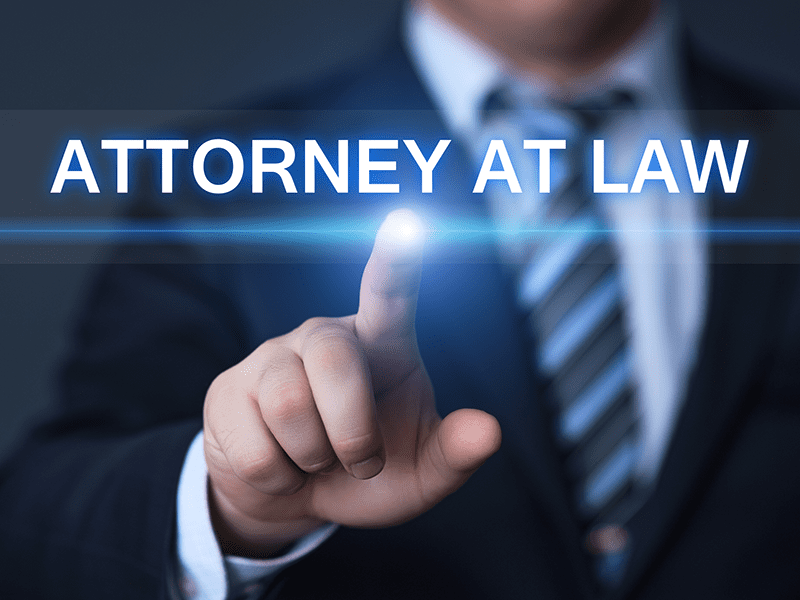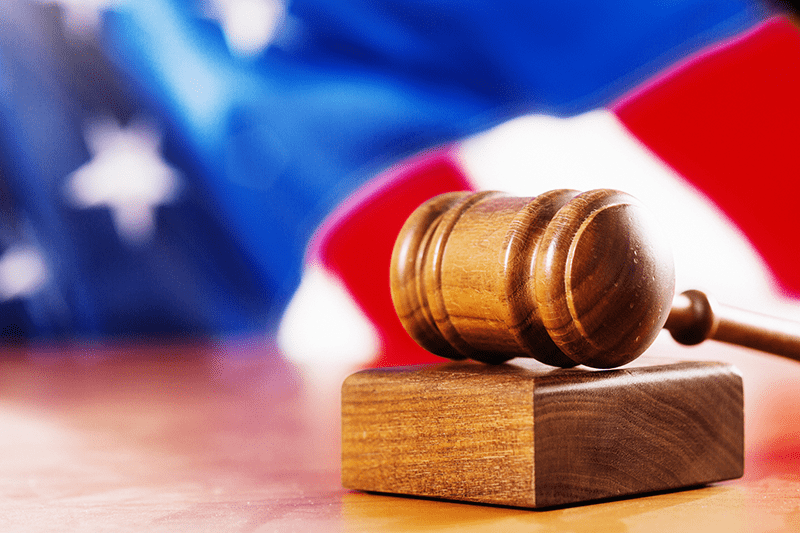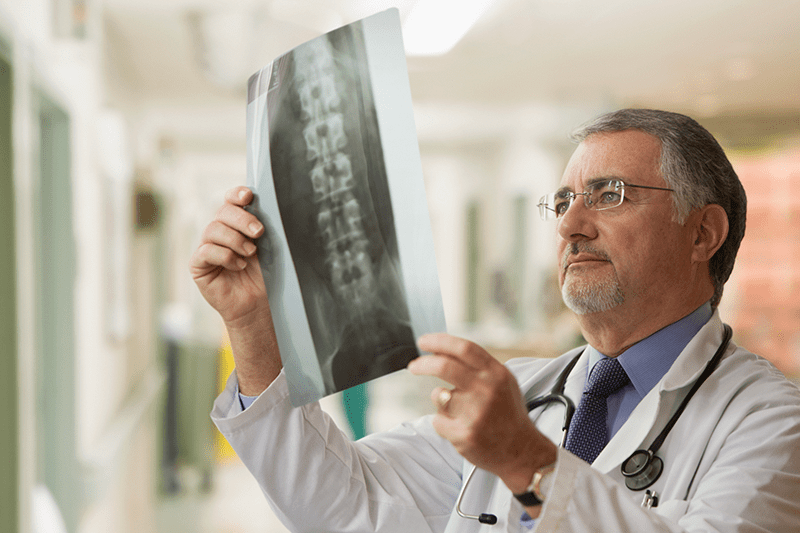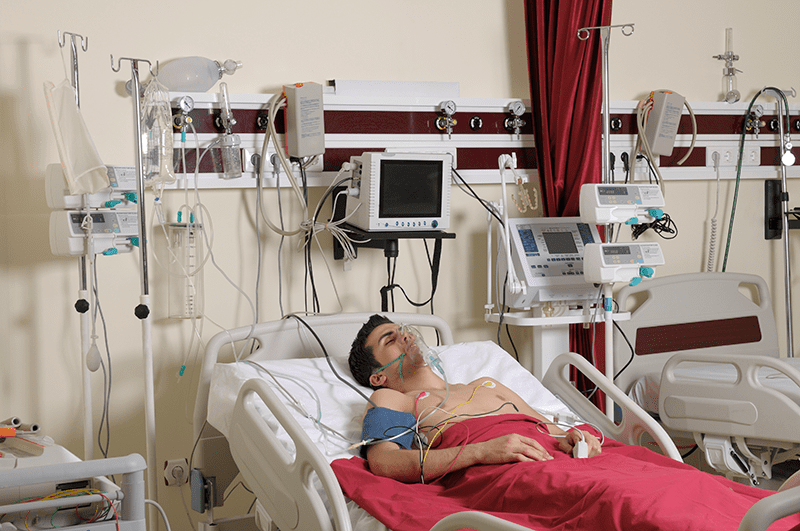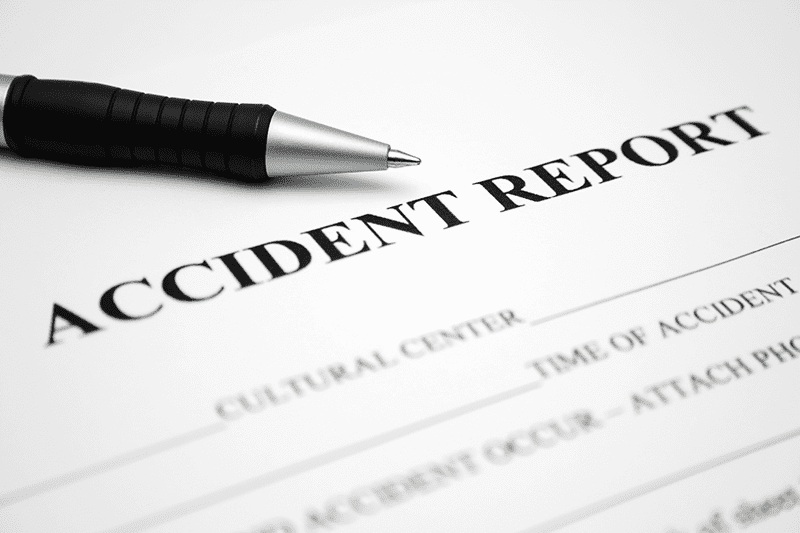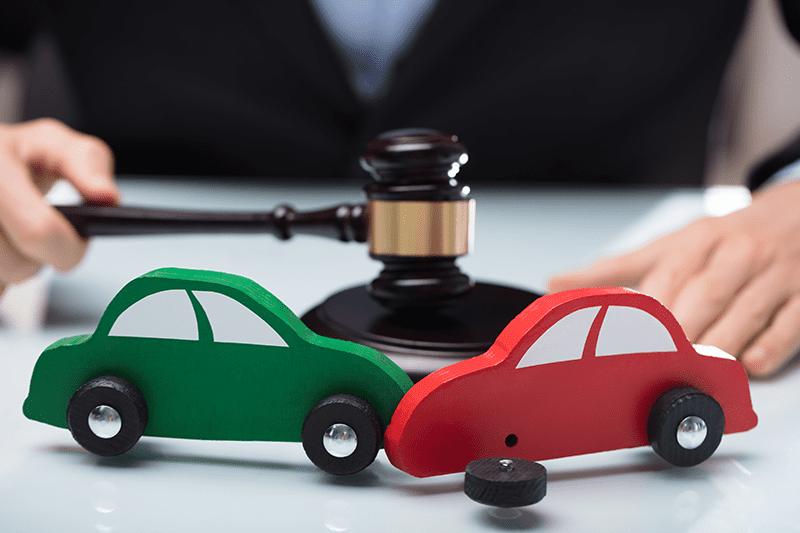Personal injury victims place a lot of trust in their lawyers to get them the compensation that they deserve. Because so much is on the line, finding the right lawyer to represent you following a personal injury can be stressful and even intimidating. Ultimately, you want to make sure you find a lawyer that has experience, that is knowledgeable, and that you can trust. There are things every personal injury victim should consider to help them find the right lawyer for their case.
Focus on Local Attorneys
If you were injured in Georgia, you almost certainly want a Georgia-licensed personal injury lawyer to represent you. Moreover, you want to find a lawyer that has experience practicing in your local court system. A lawyer need not necessarily have an office set up in your hometown, but you at least want to hire a lawyer that knows the local rules.
Research Online
Like everything else, you can find personal injury lawyers in your area on the Internet. This isn’t enough by itself, but it is a good place to start. A little research using your search engine of choice is a good way to get a rough idea of your options, to find links to law firm websites, and to see what lawyers have good reputations. It is also a good idea to search for potential attorneys on the Georgia Bar Association website to check their public disciplinary record and to ensure that they are licensed and in good standing.
Look for a Proven Track Record
As you look for information, keep in mind that the most important factor to consider is the track record of the lawyer. You want to hire a lawyer that not only has experience practicing law, but has experience winning personal injury cases in court. A lawyer that is willing to vigorously represent clients in court is a valuable asset to have on your side.
Take Advantage of Free Consultations
If you are satisfied that a lawyer has a good reputation and the right experience, the next step is to schedule a consultation. Nearly all personal injury attorneys offer free case evaluations. These are an excellent way to not just get a better understanding of your case, but also to find out if a lawyer is a good fit for you. As the American Bar Association explains:
The lawyer will be helping you solve your problems, so the first qualification is that you must feel comfortable enough to tell him or her, honestly and completely, all the facts necessary to resolve your problem. No one you listen to and nothing you read will be able to guarantee that a particular lawyer will be the best for you; you must judge that for yourself.
Williams Elleby Howard & Easter, Gets Justice for Personal Injury Victims in Georgia
Located in Kennesaw, Georgia, the experienced personal injury attorneys at Williams Elleby Howard & Easter, are dedicated to maximizing compensation in every case. More than that, they are committed to providing accessible and compassionate service to every client. If you have been injured and would like to discuss your case, contact Williams Elleby Howard & Easter, to schedule a free case evaluation by calling 833-LEGALGA today.
